
I think anthologies are the Chinese buffet of writing. You can choose from this or that writer, some of them you’ve never heard of, and, if you like their stories, give their other works a shot. It’s also the midnight snack of reading: just grab a bunch of stuff out of the fridge and enjoy. I think I own more anthologies than any stand-alones because it expands my library far beyond what my limited space and budget allow. I haven’t read all of them, of course, Workin’ on it. But I have read lots of anthologies, and these are the ones I remember with the most fondness, for various reasons:
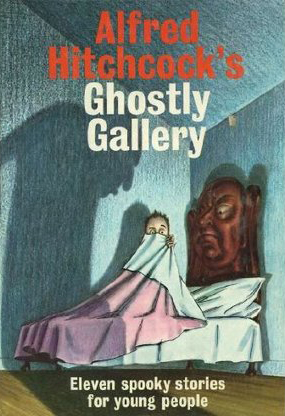
10. Alfred Hitchcock’s Ghostly Gallery. Published in 1962 for kids, I remember it because I read it as a kid and it helped spur my love of reading. My favorite is The Wonderful Day, by Robert Arthur, which is a be-careful-what-you-wish-for story. Arthur was a West Point graduate who also wrote the Alfred Hitchcock Three Investigators series, which I also read as a kid.
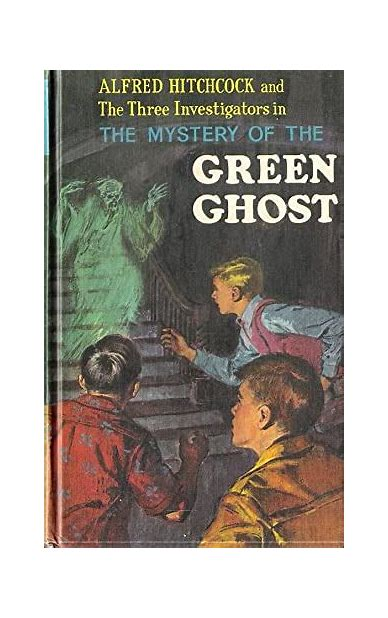

9. The Norton Anthology of Short Fiction. Richard Bausch, 1978. You know a Norton collection is going to show up sometime and somewhere and this one is my favorite because it contains a lot more ‘normal’ stories than I usually spend time with. Although The Rocking Horse Winner by D. H. Lawrence, is hardly normal.

8. The Book of Swords, Gardner Dozois, 2017, and Dozois needs no introduction, especially if you’re into anthologies. He founded the Year’s Best Science Fiction anthologies and edited Asimov’s Science Fiction magazine. I loved this book, and it’s hard to pick a favorite out of it so, coin toss, and I Am a Handsome Man, said Apollo Crow by Kate Elliot wins.

7. Twilight Zone, the Original Stories. Martin Harry Greenberg, 1985. Greenberg compiled almost 1300 anthologies, and was one of the cofounders of the Syfy channel. This is a collection of the stories that inspired Twilight Zone episodes. My favorite is To Serve Man, by Damon Knight. One of the best last lines in fiction.
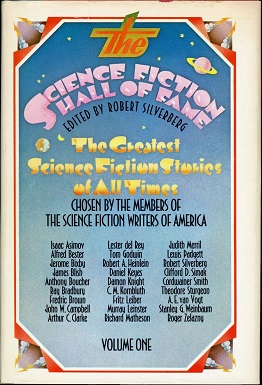
6. Science Fiction Hall of Fame, Vol 1. Robert Silverberg, 1971. Silverberg is a grandmaster and it’s hard to say whether his work as an editor or writer is the most important. This is a collection of scifi stories written from 1929-1964, my favorite being Nightfall, by Isaac Asimov.

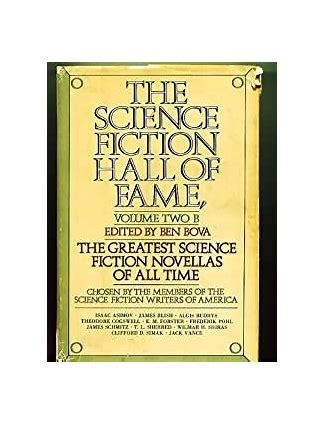
5. There were, apparently, so many good scifi stories written from 1929-1964 that they printed another Science Fiction Hall of Fame, Vol II but broke it into ‘a‘ and ‘b,’ both edited by Ben Bova. My favorite from ‘a’ is Who Goes There, John W. Campbell, which is what The Thing movies are based on. From ‘b’ it’s The Big Front Yard by Clifford Simak.
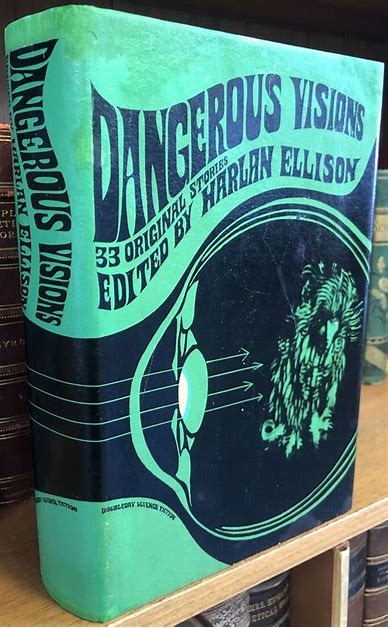
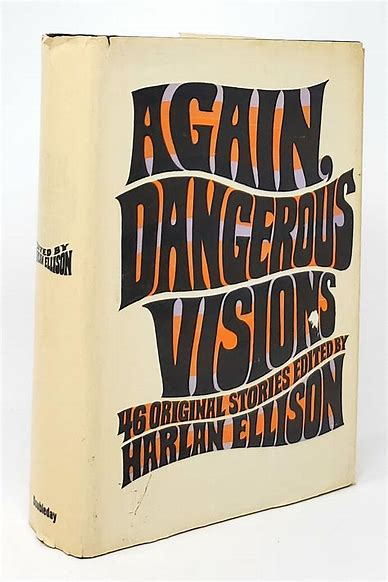
4. Dangerous Visions and Again, Dangerous Visions. Harlan Ellison. You can’t talk about one without the other, but I think the first one is the better, with A Toy for Juliette by Robert Bloch a favorite. Dangerous was published in 1967, all the stories original, while Again was published in 1972. Both were considered cutting edge, avant garde because they were blatantly sexual and brutal. Kind of old hat today. Ellison was a prolific writer and editor who had what we would call an unfortunate personality.

3. Dark Forces. 1980 Kirby McCauley. McCauley was a literary agent who represented some heavy hitters like Stephen King and George R. R. Martin. This is where I first read Stephen King’s The Mist, which remains a favorite.

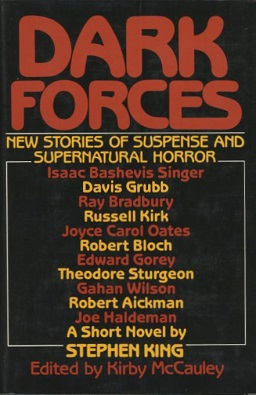
2. A Treasury of Great Science Fiction, Anthony Boucher, 1959, which came in two volumes and included such great things as Alfred Bester’s The Stars My Destination, and The Man Who Sold the Moon, Robert Heinlein. My favorite is Poul Anderson’s Brain Wave. Boucher was a writer and editor who sometimes used the pseudonym H . H. Holmes, a 19th century serial killer. Read about him in The Devil in the White City by Eric Larson.

1. Tomorrow’s Children. Isaac Asimov. 1966. Obviously an Asimov was going to show up here and of all the ones he did, this is my favorite, with his story, The Ugly Little Boy, being my favorite in the collection.